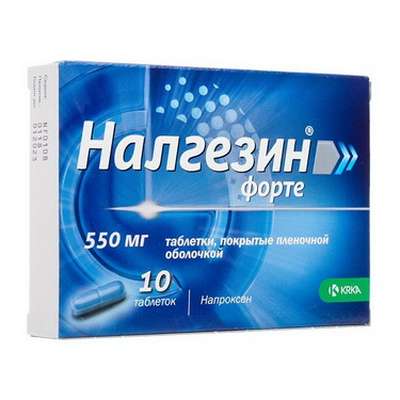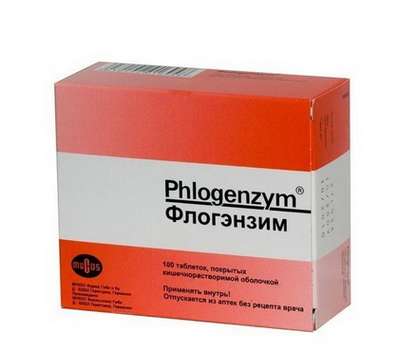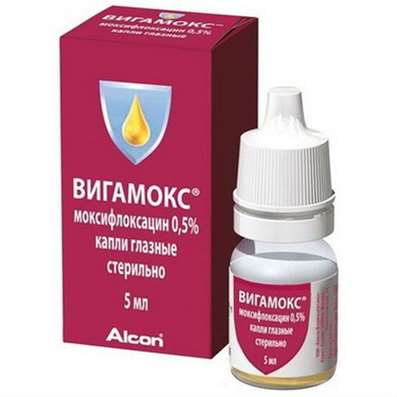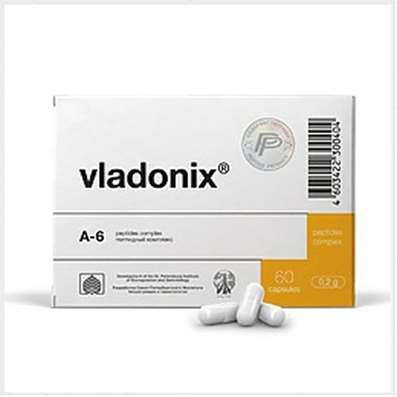Instruction for use: Dihydroergotamine
I want this, give me price
The Latin name of the substance Dihydroergotamine
Dihydroergotaminum (genus. Dihydroergotamini)
Chemical name
(5α, 10α) -9,10-Dihydro-12'-hydroxy-2'-methyl-5 '- (phenylmethyl) ergotan-3', 6 ', 18-trione (as mesylate)
Gross formula
C33H37N5O5
Pharmacological groups
Alpha-blockers
Serotonergic agents
The nosological classification (ICD-10)
G43 Migraine: The pain of migraine; Migraine; hemiplegic migraine; Migraine headache; A migraine attack; Continuous headache; hemicranias
G43.0 Migraine without aura [simple migraine]: Migraine without aura
G43.1 Migraine with aura [classic migraine]: Basilar migraine; Migraine with aura
G90 Disorders of autonomic [autonomous] nervous system: angiodystonia; vasovegetative manifestations; vasomotor dystonia; vegetative dystonia; autonomic dysfunction; vegetative lability; Vegetative-vascular disorders; autonomic dysfunction; vasoneurosis; Vegetative-vascular dystonia; vegetative-vascular disorders; Vegetative-vascular disorders; Dystonia vegetovascular; Dystonia neurocirculatory; neuro disorder; Cardiopsychoneurosis; Neurocirculatory dystonia of hypertensive type; Primary neurovegetative syndrome; The syndrome of vegetative dystonia
I83 Varicose veins of lower extremities: The feeling of heaviness and fatigue in the lower limbs; Varicose disseminated type; varicose veins; Varicose veins of the lower extremities; Varicose disease of lower limbs; Varicose superficial veins; Varicose veins; Varicose vein disease; varicose syndrome; varicose syndrome; Venous claudication; venous varices; venous disease; The disease of the lower extremities; Prevarikozny syndrome; Predvarikozny syndrome; Chronic varicose veins; Sclerotherapy varices
I95.1 Orthostatic hypotension: Idiopathic orthostatic hypotension; Orthostatic hypotension; orthostatic syndrome; Reactions by type asimpatikotonii
R51 Headache: pain in the head; cephalgia; Pain in sinusitis; Pain in the neck; Pain headache; Headache vasomotor origin; Headache vasomotor origin; Headache with vasomotor disturbances; Headache; Neurological Headache; Continuous headache
CAS Code
511-12-6
Characteristics of the substance Dihydroergotamine
Refers to the group of hydrogenated derivatives of ergot alkaloids. Colorless transparent solution.
Pharmacology
Pharmacological action - vasodilator, antimigraine.
Stimulates 5-HT1D serotonin receptors, blocks alpha1 and alpha2-adrenergic receptors of blood vessels. It is a vasoconstrictor of intracranial vessels and has pronounced neuroinhibitory properties. Reduces photo and phonophobia. Somewhat increases the tone of the veins. When inhaled (nasal spray) is quickly absorbed, which ensures its high effectiveness (arresting migraine attack in 20-30 minutes), and is excreted from the body (less risk of unwanted effects). When taken orally (tablets), bioavailability is reduced. After the / m introduction, the effect manifests itself in 15-30 minutes and lasts for 3-4 hours.
Application of the substance Dihydroergotamine
Arteriogipotonichesky variant of a headache, migraine, vasospastic angina, orthostatic hypotension.
Contraindications
Hypersensitivity, severe atherosclerosis, organic heart lesions, myocardial infarction, arterial hypertension, peripheral circulatory disturbance, sepsis, shock, impaired renal function, I trimester of pregnancy, breast-feeding (at the time of treatment, breastfeeding is compulsory).
Application in pregnancy and lactation
The action category for fetus by FDA is X.
Side effects of the substance Dihydroergotamine
Nausea, vomiting, diarrhea, difficulty in nasal breathing, rhythm disturbances (rarely), dizziness, swelling, itching.
Interaction
The effect is enhanced by antihistamines, sedatives and hypnotics. Simultaneous use with other antimigrenous drugs (ergotamine, sumatriptan) increases the likelihood of vasospasm. Strengthens the effect of certain antihypertensive drugs. Macrolides increase the concentration of dihydroergotamine in the blood.
Overdose
In the presence of hypersensitivity to ergotamine drugs, symptoms of ergotism may appear - chest pain, respiratory depression, muscle weakness, pain and paresthesia in the extremities, accompanied by cyanosis and impaired pulsation in peripheral vessels, marked ischemic changes in the fingers and feet (rarely), vomiting, diarrhea , Delirium, convulsions, coma.
Treatment: emergency cancellation of the drug, local warming compresses, the appointment of vasodilators (nitroprusside sodium, phentolamine), careful care to prevent tissue damage.
Routes of administration
Inside, IM, SC.
Precautions for the substance Dihydroergotamine
During treatment, smoking is not recommended (the risk of spasmodic peripheral vessels increases).

 Cart
Cart





